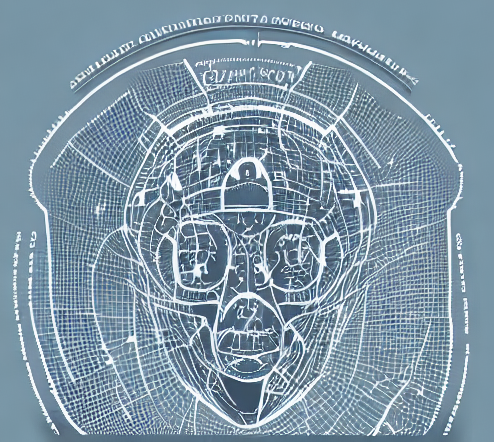Gregor Kasieczka: Generative Models and Unsupervised Learning
The lectures will provide a brief overview to the overall scientific environment and specifically deep learning challenges in particle physics. We will then focus specifically on two applications of less-than-supervised learning: generative models and anomaly detection. We first review common techniques for generative modelling such as generative adversarial networks (GANs), variational autoencoders (VAEs) and normalising flows as well as their applications to physics problems. We'll then consider how anomaly detection can be used as a strategy to discover interesting signals without relying on specific models.
After undergraduate studies in Vienna, a PhD in Heidelberg, and a postdoc at ETH Zurich, Gregor joined Universität Hamburg in 2017 where he is a professor for machine learning in particle physics. His work focuses on searches for exotic new particles with the CMS experiment at CERN and on developing new techniques based on deep learning for simulation and data analysis in fundamental physics. He is an author of the first textbook on machine learning for physicists “Deep Learning For Physics Research”.
Manuel Sommerhalder will give us two hands-on exercise sessions, one on normalizing flows and one on anomaly detection.
Manuel is a third-year PhD student at the University of Hamburg, working at the intersection of high-energy physics and machine learning. His focus are model-independent searches for new physics using unsupervised machine learning techniques, both in terms of developing new such anomaly detection methods and applying them to a search for physics beyond the standard model in the CMS experiment.
Lukas Heinrich: Differentiable Programming and Simulation-based inference
Lukas will show us how deep learning frameworks like tensorflow or pytorch can be used much beyond the scope of deep neural networks. Likelihood-free statistical inference with synthesized, simulated data will be an application he presents.
Lukas is a Professor at TU München, with a focus on data science in physics.
Julia Neidhardt: Sentiment analysis, populism and toxicity
Julia and her team (Thomas Kolb, Irina Nalis, Pia Pachinger, Mete Sertkan and Ahmadou Wagne) will talk about various applications of natural language processing, like the detection of toxic and/or populist online content.
Julia is head of the Christian Doppler Lab for Recommender Systems, board member of the Center for Artificial Intelligence and Machine Learning (CAIML) and part of the Digital Humanism initiative at TU Wien. In her research, she focuses on user modelling, recommender systems and social media analytics.
Tomasz Walkowiak: Introduction to Natural Language Processing
Tomasz will give us a general introduction to natural language processing, deep learning and data visualization methods.
Tomasz is an Assistant Professor at the Wroclaw University of Science and Technology. He is currently involved in the CLARIN project, creating a pan-European research infrastructure for the humanities to facilitate work with very large collections of natural language texts.
Mateusz Gniewkowski will talk about model-agnostic explanation techniques.
Mateusz is a fourth-year PhD student/lecturer at Wrocław University of Science and Technology dealing with machine learning in cybersecurity. He is also involved in the CLARIN project as an NLP Scientist/MLOPs Engineer. His current focus is on Graph Neural Networks and their explainability.
